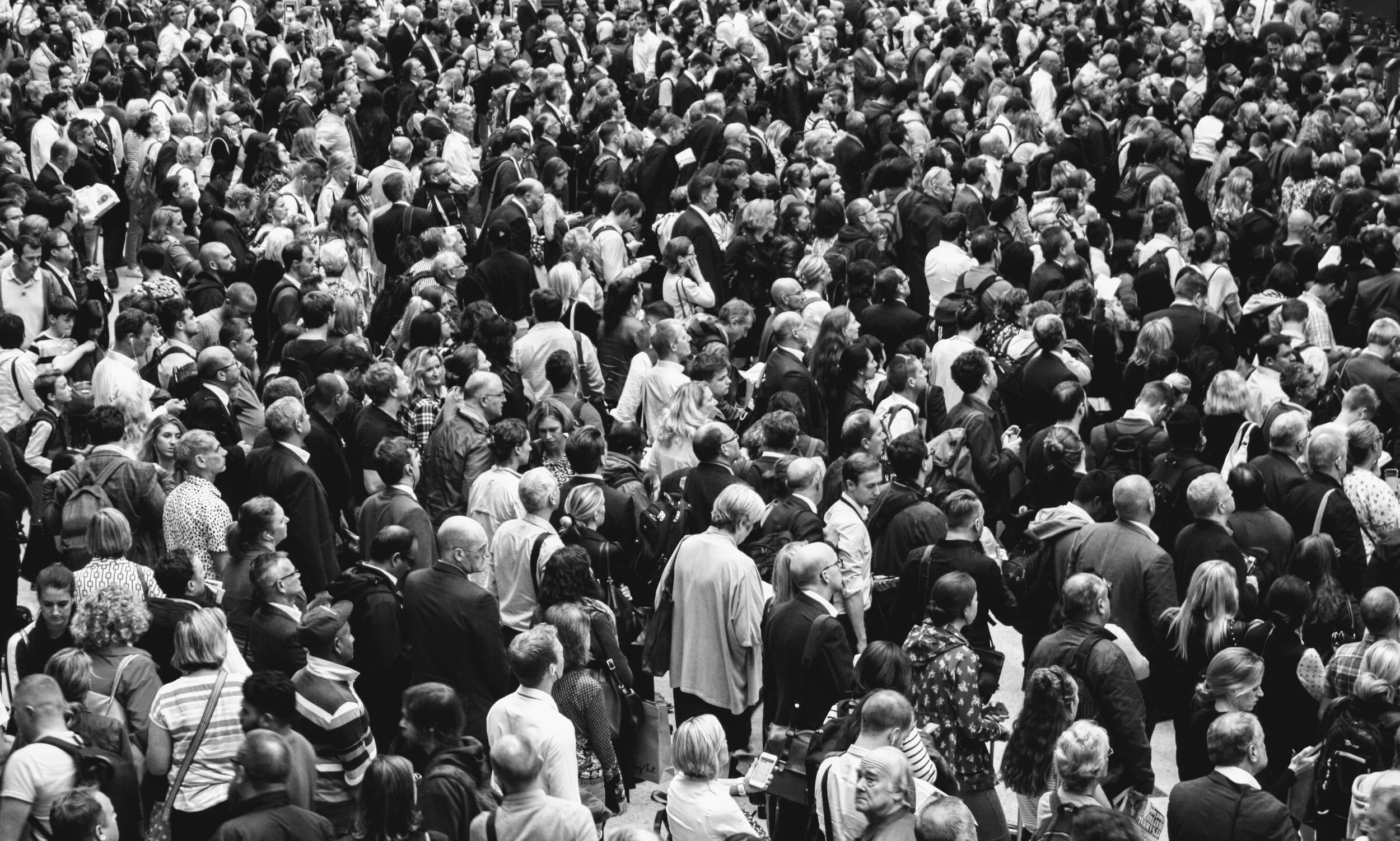The World Will Do the Work For You
“What the pupil must learn, if he learns anything at all, is that the world will do most of the work for you, provided you cooperate with it by identifying how it really works and aligning with those realities. If we do not let the world teach us, it teaches us a lesson”
In an industry where there is a surplus of opinion and a surplus of noise, few voices cut through like Martin Weigel’s.
His recent interview on the On Strategy Showcase podcast, where he discusses the discipline of planning and strategy in advertising was as provocative as you’d expect it to be. From his brilliantly succinct definition of the role of planning (“to point imagination and resources at the tasks that matter), to his articulation of the service agency’s offer their clients (“change is our real deliverable, that's what we create for clients. We create new futures…to make tomorrow different from today…creating change is where our value lies”) to his intolerance for all things insight led, it’s 45 minutes very well spent.
Whilst discussing his problems with the industry’s unhealthy fetish with insight - and lamenting the planner’s increasing alienation from ‘real people in the real world’, he paraphrases Joseph Tussman: “If you let it, the world will do most of the work for you”. There is no substitute for spending time with the audience, Weigel concludes.
This shouldn’t need to be said. But, at a time where quantitative data is superabundant and office culture is just starting to reanimate following repeated periods of enforced isolation due to COVID, it is advice worth repeating. Especially in media agencies, where an oblique obsession with data is prevalent.
It can be easy to forget that real people are responsible for creating the data signals we see in our systems. The data we work with can feel incredibly rational. The lives of the people we’re trying to influence are reduced to a series of 1’s and 0’s. A number on a bar graph. Emotion gets lost and the messiness that we know constitutes real life, evaporates into the ether. But, it doesn’t have to be like this. All information is data after all, irrespective of whether it is derived from a conversion on a website or a conversation in the pub. Whilst I can only speak for the agency I work at, my feeling is that media agencies generally under-leverage qualitative research as a source of information.
Whenever I have undertaken Qual research as part of a project- either in person through informal chats with people in the target audience or via a researcher, the information that you glean is invaluable. A project for a UK broadcaster a number of years ago revealed a cohort of viewers who claimed to have completed Netflix, whilst an older viewer outside of the London media bubble spoke exclusively about the channels he watched not by their given brand name, but by their number in the Virgin Media EPG. All of this added richness to our thinking - and guided the response to the brief at hand. The consumer’s life was vividly rendered in our establishment of the challenge facing this particular brand - and we had a keen sense of the ideas which would land when we took communications to market. All because we had, as Weigel describes it, “a better grasp of the language around the category”. It also provides a much needed opportunity for planners and strategists to challenge their own biases. Biases which are likely to jaundice our opinion of how the world really works.
For many in advertising and communications, COVID created a rupture between the theory of our work and the practice. Whilst locked up at home, we often lost sight of how advertising manifested itself in the real world. It also removed us from the consumer. However, for all of the challenges it presented us with it has also proven just how powerful the tools at our disposal are for communicating with people. Yes, Zoom can be used for pub-quizzes in the midst of another lockdown, but it can also be used for consumer interviews. Interviews which can be recorded and inserted into our beloved decks. There really is no excuse - we can’t blame the tech - and we shouldn’t blame time either. 30 minutes of conversation is within all our grasp.
If we marry even the most basic and informal qual work to the piles and piles of quantitative data we have we’re able to realise something powerful indeed. We just need to get into the habit and force ourselves to do this more regularly (at least I do, anyway). There is a big wide world out there which will do the work for us, if we let it.
